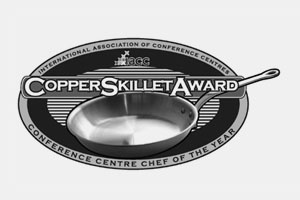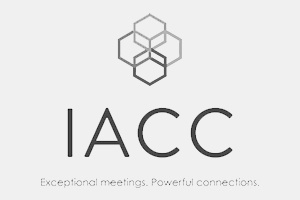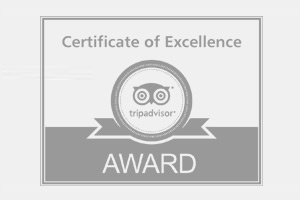We spend more than 17,000 hours in meetings over the course of our careers, yet according to Real Business, many of us feel that half the meetings we attend are unnecessary. Sound familiar? Here’s how to get a whole lot more out of your meetings.
Meticulously planned and well-hosted meetings support efficient decision-making, effective group feedback and team motivation. Get it wrong, however, and colleagues feel frustrated their time has been wasted. Turn your meetings around by following our remedies to common meeting mistakes:
1. Always Have an Agenda
Evidence shows that most meetings don’t have a planned agenda, yet a lack of agenda is also cited as a top reason for unhelpful meetings. Write an agenda that clearly includes what you’re hoping to achieve – and circulate it to all participants in advance of the meeting.

2. Allow Enough Time
Late arrivals set meetings off on the wrong foot – particularly if it’s the meeting organiser. Equally, meetings that run longer than scheduled cause frustration among participants and make the end-of-meeting wrap-up rushed. Be realistic about what can be achieved in your agenda within the allocated time. When circulating the agenda, be clear about the start time and your expectations for a prompt commencement.
3. Ensure the Right People are Present
Be mindful about how the number of participants affects meeting dynamics. Small meetings of just a few people can be extremely effective if the right people are in the room, but smaller groups aren’t so useful for idea generation sessions. On the other hand, a large group of people often means only a few people will end up participating. The key is to ensure you have chosen the right participants for the particular subject matter of the meeting, which is made much easier with a well-defined agenda.
4. Have a Designated Facilitator
Meetings that do not have a clear facilitator lack direction, meaning there is no individual taking responsibility for the meeting’s effectiveness. By always having a designated meeting facilitator, these problems are largely resolved. In particular, the facilitator should ensure the agenda is being followed and the meeting is keeping to time. Focusing participants on the matter at hand if the conversation veers off topic, and ensuring the right people are providing input, are also crucial aspects to keep track of.

5. Encourage Input from Everyone
Meetings only work if people participate – otherwise a meeting can turn into a one-person speech with no collaborative effort. This problem can be solved in the design of the meeting. Avoid relying too heavily on a PowerPoint presentation to keep participants’ attention. Giving individuals allocated slots in the agenda also ensures wider participation, as does pairing people up in the meeting to discuss the issues, rather than allowing dominating people to have too much airtime in free-for-all conversations.
6. Always Take Notes
Meetings can feel productive, then fall short when there is no common record to refer back to. Assign someone to take meeting notes for each meeting; if it’s a regular meeting, ensure this task is shared equally between different participants over time. Circulating the notes afterwards provides some accountability for any decisions made.
7. Have a Follow-Up Plan
Allowing people to walk away after a meeting with no follow-up plan or actions makes the momentum of a meeting quickly disappear. If a meeting has a clear purpose and a good facilitator, some follow-up actions will certainly arise. Summarise who needs to do what before you leave the meeting room – this is also a great way to remind participants how productive the meeting was.

Following these tips should shake up your meetings and help everyone feel a sense of purpose, productivity and pride in their work.






